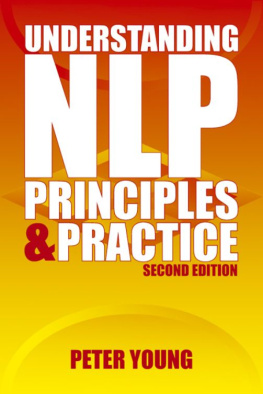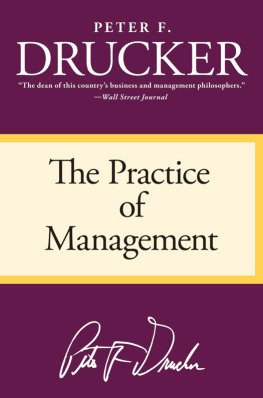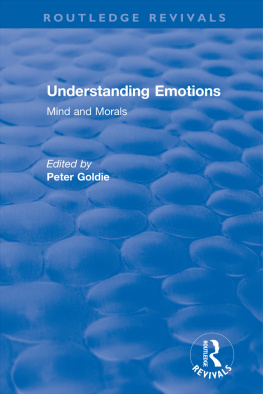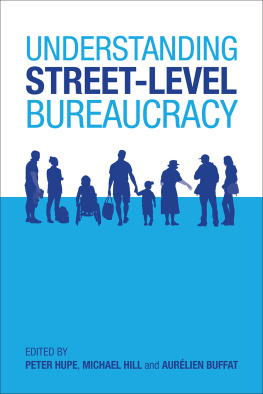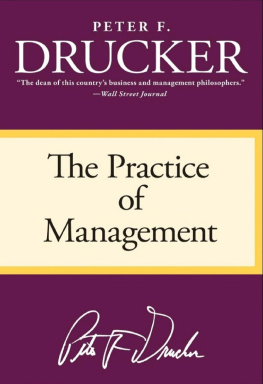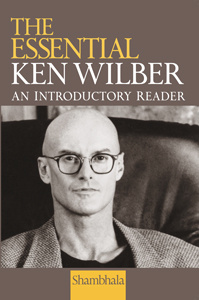Peter Young - Understanding NLP--: Principles & practice
Here you can read online Peter Young - Understanding NLP--: Principles & practice full text of the book (entire story) in english for free. Download pdf and epub, get meaning, cover and reviews about this ebook. year: 2004, publisher: Crown House Publishing, genre: Religion. Description of the work, (preface) as well as reviews are available. Best literature library LitArk.com created for fans of good reading and offers a wide selection of genres:
Romance novel
Science fiction
Adventure
Detective
Science
History
Home and family
Prose
Art
Politics
Computer
Non-fiction
Religion
Business
Children
Humor
Choose a favorite category and find really read worthwhile books. Enjoy immersion in the world of imagination, feel the emotions of the characters or learn something new for yourself, make an fascinating discovery.
- Book:Understanding NLP--: Principles & practice
- Author:
- Publisher:Crown House Publishing
- Genre:
- Year:2004
- Rating:3 / 5
- Favourites:Add to favourites
- Your mark:
- 60
- 1
- 2
- 3
- 4
- 5
Understanding NLP--: Principles & practice: summary, description and annotation
We offer to read an annotation, description, summary or preface (depends on what the author of the book "Understanding NLP--: Principles & practice" wrote himself). If you haven't found the necessary information about the book — write in the comments, we will try to find it.
Understanding NLP--: Principles & practice — read online for free the complete book (whole text) full work
Below is the text of the book, divided by pages. System saving the place of the last page read, allows you to conveniently read the book "Understanding NLP--: Principles & practice" online for free, without having to search again every time where you left off. Put a bookmark, and you can go to the page where you finished reading at any time.
Font size:
Interval:
Bookmark:
I would like to dedicate this book to Alison Lang, in appreciation of her support and her continuing ability to present me with the problems and challenges that I need for sorting out my own thinking. My thanks also go to my brother John for his comments, and to the staff of Crown House Publishing for their help in this project.
Neuro-Linguistic Programming (NLP) works by changing the way people perceive and make meaning of the world they live in, how they understand their experience, so that they may intervene effectively. Although NLP is renowned for its rapid and dramatic changes, it also creates subtle changes over the longer term, on all levels of Body, Mind and Spirit.
When it first appeared, NLP offered a radical shake-up of traditional therapy and change techniques. Although some rejected its ground-breaking approach, there were many who welcomed NLPs innovative way of working, and over the last three decades NLP has expanded greatly. New techniques and therapeutic procedures are constantly being developed; the number of training courses and books grows all the time.
Although NLP works well when used by skilled practitioners, there is always room for improvement. The body of knowledge known as NLP has accumulated such a huge amount of material that there is now a need for this to be consolidated. This can be done by generalising, sorting, finding similarities, noticing patterns , and so on. The aim is to find a model or set of principles for change. Generally speaking, the simpler the working principles, the easier it is to apply them in practice. NLP needs a unifying model if it is going to advance, if it is going to be more than the sum total of what a whole host of different practitioners are currently doing. And, therefore, it needs a paradigm or theoretical basis that will streamline it, and enable it to evolve to the next stage. Understanding NLP is my attempt to provide such a paradigm for NLP. I present this model in its basic theoretical form in Chapter Two, and provide numerous examples of it in practice throughout the book. This paradigm will enable NLP to reinvent itself and move forward with a clearer structure, and with increased power to meet its own future requirements. The challenge for NLP practitioners to reframe and reorganise their current understanding, to rethink their own practice, and to become part of the next phase of NLPs development.
When someone else seeks your help as a skilled practitioner, and tells you that they are experiencing a limitation in a part of their life, you already know that they have tried to change consciously and have failed. They are requesting that you intervene because you can offer a different point of view, and may therefore see what is hidden from them. To intervene is to deliberately choose to act in a way that will produce a difference, that will assist someone in changing themselves. In a therapeutic context this means with their permission and willing co-operation. Because your intervention gets them to do something they have not thought of doing themselves, it will therefore be unexpected. NLP interventions surprise the other person into perceiving their world differently! Surprise effectively overcomes resistance to change. (The fact is that some people do resist change, because their anticipated discomfort outweighs the possible benefits of actually changing. Change does have its consequences.) If the person does not know what to expect, they cannot resist or defend themselves against it.
When you first do a particular NLP exercise and it delivers a desired change, it is often a profound learning experience. However, with repeated use, the surprise factor may wear off and that particular exercise becomes run-of-the-millthe so-called Law of Diminishing Returns. Those NLP processes will still work in surprising ways for naive persons, but as the techniques become better known, they are likely to lose some of their potency. From time to time therefore, NLP Practitioners need to update the way in which they think about and use the techniques. And that includes keeping up with the latest ideas, not only in NLP but in other relevant fields.
Being aware of this need for innovation, NLP practitioners can use their creativity to find new ways of surprising people or of reframing their understanding, by developing new techniques or customising existing ones. Otherwise, you could find yourself being outwitted by the ever-smarter people who appear in front of you. The test of how well you understand and can utilise the generative power of NLP thinking is to continue to come up with alternative ways of perceiving reality and novel ways of creating change.
To meet this need, Understanding NLP: Principles and Practice will enable you to enrich your understanding of the basic patterns discernable in NLP. This will take you into big chunk generalisations, recognising paradigms which run throughout our civilisations endeavours to explain what it means to be a human being. This book is a complete revision of the first edition of Understanding NLP: Metaphors and Patterns of Change. Since the first edition was published in 2001 my own thinking has moved on, and I have extended and refined many of the ideas which that book explored. This revised edition is more specifically for those people who wish to re-examine their existing knowledge of NLP and enhance their understanding of it. It also offers suggestions of ways forward in developing their own style of doing NLP.
I show how it is possible to bring all the pieces of NLP together using a new paradigm which I call the Six Perceptual Positions model. After the groundwork has been laid, this is made explicit in Chapter Eleven. In the process of arriving there, the book takes a critical look at many of the original ideas of NLP, their later modifications , and considers the appropriateness of the models and metaphors used to explain them. It also provides numerous examples of the new paradigm in action. There are guidelines on how to do NLP with a client from the practitioners or therapists point of view. As a result, you will be able to gather useful insights about someone elses model of the world, and about how best to intervene in order to help them change in a surprising way.
Because there is now so much NLP material, there is a limit to how much can be included in one book. Therefore a further volume Understanding NLP: Language and Change is planned. This continues the exploration of helping people change by explaining the linguistic aspects of NLP, guiding you through using the NLP model of language (the Meta-model) and demonstrating how different kinds of language are appropriate in different contexts. It also considers the art of using metaphors and telling stories.
Peter Young
Exeter, May 2004
A story is a doorway through which the imagination enters another reality. Every book or film offers the reader or viewer an opportunity to visit a different world, to see what is familiar from an alternative point of view.
Some childrens books and films show this transition quite explicitly. For example, Alice finds her way to Wonderland down the rabbit hole; the Bastable children discover Narnia through the back of a wardrobe. I can remember a story I once read as a child, in which a travelling theatre arrives at a town. The protagonist of this story, whose name I have long forgotten, is initially entranced by the performance, despite the crudely painted scenery, the tawdry costumes, and so on. At the end of the show our principle character decides to explore this theatrical world, climbs up on to the stage and discovers the false nature of the cardboard cut-out trees and bushes. However, by going deeper into the recesses of this particular stage, it transpires that there is no back wall to this theatre so that this imaginary world goes on forever. As it does so the scenery becomes increasingly realistic and transforms into a reality somewhat different from the one in front of the curtain. Somehow our hero has made a transition into an alternative universe.
Font size:
Interval:
Bookmark:
Similar books «Understanding NLP--: Principles & practice»
Look at similar books to Understanding NLP--: Principles & practice. We have selected literature similar in name and meaning in the hope of providing readers with more options to find new, interesting, not yet read works.
Discussion, reviews of the book Understanding NLP--: Principles & practice and just readers' own opinions. Leave your comments, write what you think about the work, its meaning or the main characters. Specify what exactly you liked and what you didn't like, and why you think so.

